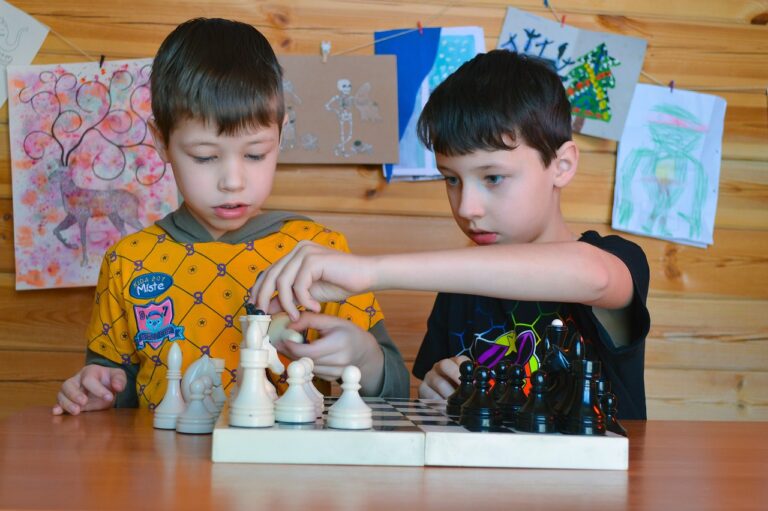Exploring the Impact of Culturally Relevant Curriculum on Student Engagement
Cultural representation in curriculum plays a crucial role in fostering inclusivity and diversity within educational settings. When students see themselves reflected in the materials they study, it validates their identities and experiences, thus promoting a sense of belonging and connectedness to the content. Moreover, exposure to diverse perspectives through culturally relevant curriculum enhances students’ understanding of different worldviews and fosters empathy and cultural competence.
By integrating diverse cultural perspectives into the curriculum, educators can create a more engaging and meaningful learning experience for students. When students encounter content that resonates with their own cultural backgrounds, they are more likely to be motivated and interested in the subject matter. This heightened engagement can lead to increased academic achievement and a stronger sense of self-efficacy among students from diverse cultural backgrounds.
Understanding the Connection Between Cultural Relevance and Student Engagement
Cultural relevance in curriculum plays a significant role in engaging students in their learning process. When students see themselves reflected in the materials and subject matter being presented, they are more likely to connect with the content on a personal level. This connection can lead to increased motivation, interest, and participation in the learning experience.
Furthermore, a curriculum that incorporates culturally relevant content can help students feel valued and respected in the educational setting. When students feel that their cultural backgrounds and identities are acknowledged and celebrated in the curriculum, they are more likely to feel a sense of belonging and connection to the learning environment. This sense of validation can boost students’ self-esteem and confidence, ultimately contributing to their overall academic success and well-being.
How Culturally Relevant Curriculum Supports Student Identity Development
Culturally relevant curriculum plays a crucial role in nurturing students’ sense of identity and belonging. By incorporating diverse cultural perspectives, traditions, and histories into the curriculum, students can see themselves reflected in their learning experiences. This fosters a sense of pride and validation in their own cultural background, ultimately strengthening their self-esteem and identity formation.
Moreover, culturally relevant curriculum helps students develop a deeper understanding and appreciation for the diverse world around them. It encourages critical thinking and empathy towards others who may come from different cultural backgrounds. This exposure to various perspectives not only enriches students’ learning but also fosters a more inclusive and respectful attitude towards diversity, contributing to their overall social and emotional growth.





